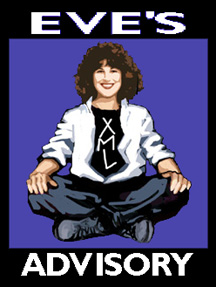Last week I made what has become an annual trek to Oxford, England for the excellent CSW XML Summer School. This event is fast becoming an institution — there’s lots to learn and lots of fun to be had. When you’re taking your meals in this place, it’s hard to avoid the feeling that Double Potions is your next class after lunch.
I chair the Web Services and Service Architectures track, a duty which requires me to put together the track, contribute a lecture (“Securing and Identity-Enabling Your Web Services”), and mingle with delegates at the social activities, such as a mini-tour of the Ashmolean Museum (the “historical pub crawl” is an optional event, but who would want to miss it?). A number of my Sun colleagues were also lecturers this year, including Tim Bray, who talked about what makes Atom a likely “hit” rather than a “miss”, and who has some nice photos here.
The track he was in, Trends and Transients (chaired by Lauren), was really quite interesting this year. A fair percentage of CSW customers are publishers, and they have concerns that would be familiar to any old SGMLer; modern XML technology (particularly XSLT) has made a dent, but a lot of the problems of schema design, transformation at different stages of content development, and authoring remain the same. Sean McGrath was there talking about the lengths to which authoring environments don’t go in giving aid and comfort to authors. To quote from one particularly amusing slide:
Content and Presentation: Orwellian Overtones
The machine will beep at you when you try to break the structure.
Beeping is good for you! The machine is there to help you. Be proud of your beeping editor!
Structure good, presentation bad…
Also speaking in that track was my old pal Tim McGrath (hmm, I think Lauren was going for a certain consistency in the names of her trackmates), who talked about the Universal Business Language and the importance of the actual, y’know, payload in all those XML messages zinging back and forth. One of the discussion threads reaching from Tim B.’s talk to Tim McG.’s was about the relative importance of having an abstract model (such as a UML class diagram) versus an XML-oriented expression of same. Tim McG. sat in the middle but recognized that at some point you need actual XML-level stuff for interoperability: “You need syntax. Everything else is intellectual…self-fulfillment.” (Rimshot.)
After spending a great week eating, sleeping, ducking the rain, lecturing, discussing, and drinking in Wadham College, and having temporarily ratcheted up my tolerance for alcohol to a whole half-pint of Guinness every night (yeah, I know, cheap date), I finally headed home.


